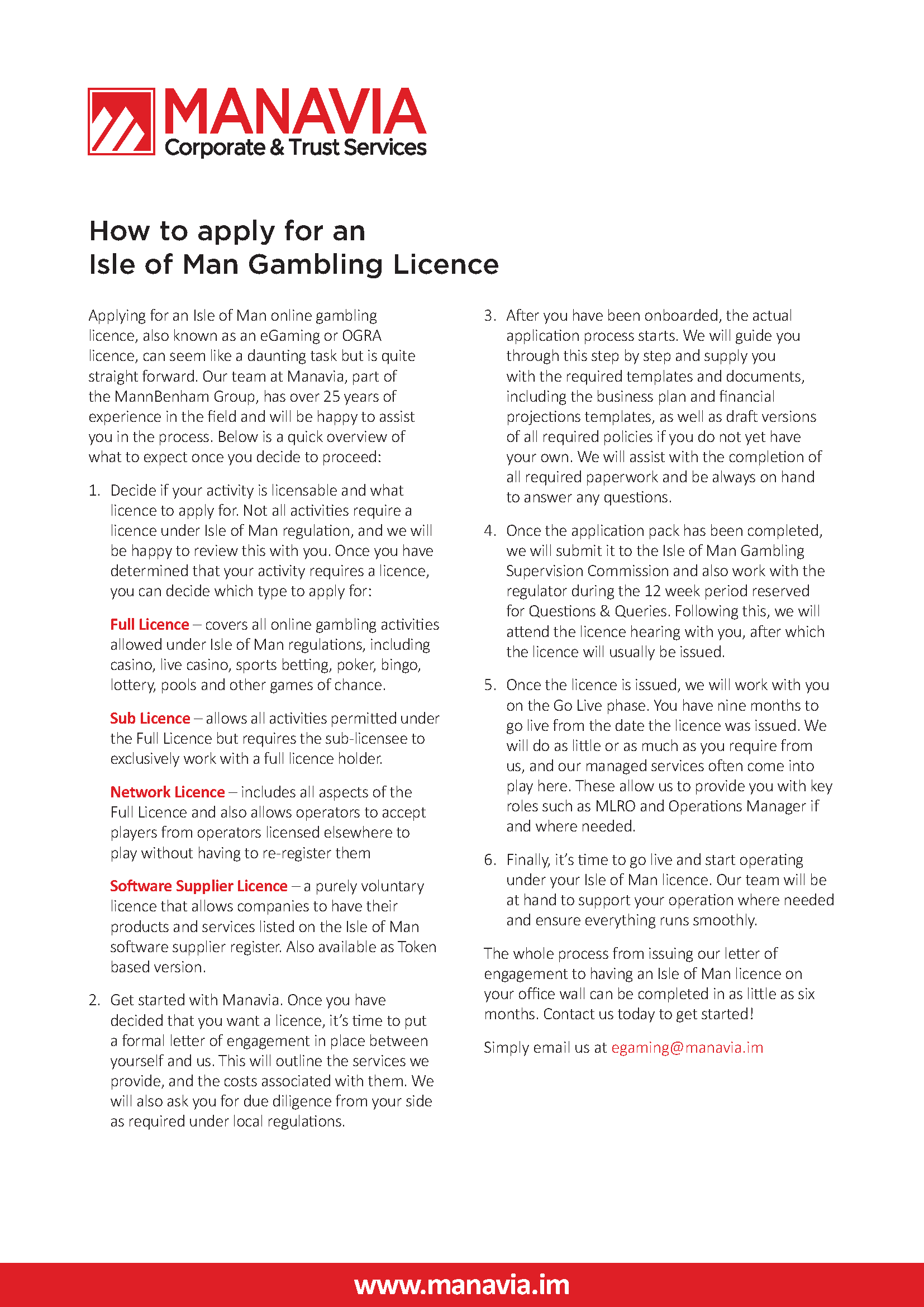When is the Right Time to Make a Will?
Putting a valid Will in place offers the peace of mind of knowing that your loved ones will benefit from your estate in the way that you would wish.
It gives you the chance to choose who you would like to deal with your affairs when the time comes and allows you to appoint guardians and trustees where necessary.
But many people are not quite sure exactly when the right time is to make a Will. We take a look at the considerations.
What age do you need to be to make a Will?
You can make a Will once you reach the age of 18.
As well as ensuring that your assets pass to those whom you would like to have them, leaving a Will can help to avoid disagreements between family members.
Even if you are young, making a Will is always advisable. It can be a reassurance to your loved ones to know that they are abiding by your wishes.
Marriage
If you marry then any Will you have made previously automatically becomes invalid, unless it is specifically stated to have been made in contemplation of the marriage.
If you should die without making a valid Will, then your estate will pass under the Rules of Intestacy. The rules set out a strict order in which your family will inherit from your estate and some relatives may be left out or receive less than you would have wished.
Children
It is advisable to put a Will in place if you have children or if you are planning on having them.
As well as ensuring that they are provided for financially, you can also appoint a guardian for them in your Will. If you don’t appoint a guardian, then it would be for the court to choose someone to care for them and there is a risk that this might not be the person you would have chosen.
If you do not have a valid Will then some people, such as cohabiting partners or stepchildren, will not receive anything, while your children may receive substantially less than you intended.
Divorce or separation
If you divorce, your Will remains effective, however anything that you have left to your ex-spouse would not pass to them, instead it would be treated as if they were not living.
This could mean that their share becomes part of the residue of your estate, to be divided between other beneficiaries, depending on the terms of your Will. It is recommended to review your Will upon divorce or separation to ensure that it still meets your wishes.
Reviewing your Will
Other life changes, such as starting or selling a business, the arrival of grandchildren or a substantial change in your financial circumstances should also be a prompt for reviewing your Will.
In addition, you may need to make alterations in the event that an executor, guardian or trustee becomes unable or unwilling to act.
Peace of mind
Putting the right documents in place to manage your affairs will give you the peace of mind of knowing that you have done all you can for your loved ones.
As well as having a valid, up to date Will in place, it is also advisable to execute an Enduring Power of Attorney. This will allow appointed representatives, chosen by you, to look after your affairs on your behalf, should you ever become incapable of doing so yourself.
If you have not legally appointed someone, then it could cause difficulties if no-one is able to pay bills on your behalf or make decisions about your welfare.
MannBenham are here for you
We are here for you to talk through what you need, with years of experience and knowledge. Should you wish advice regarding writing your Will or just wish to understand your options, please feel free to speak with one of our Private Client Team on +44 (0)1624 639350 or email them at [email protected] to arrange your free initial consultation.
Source: MyWill | Article posted on 11 May 2023


















